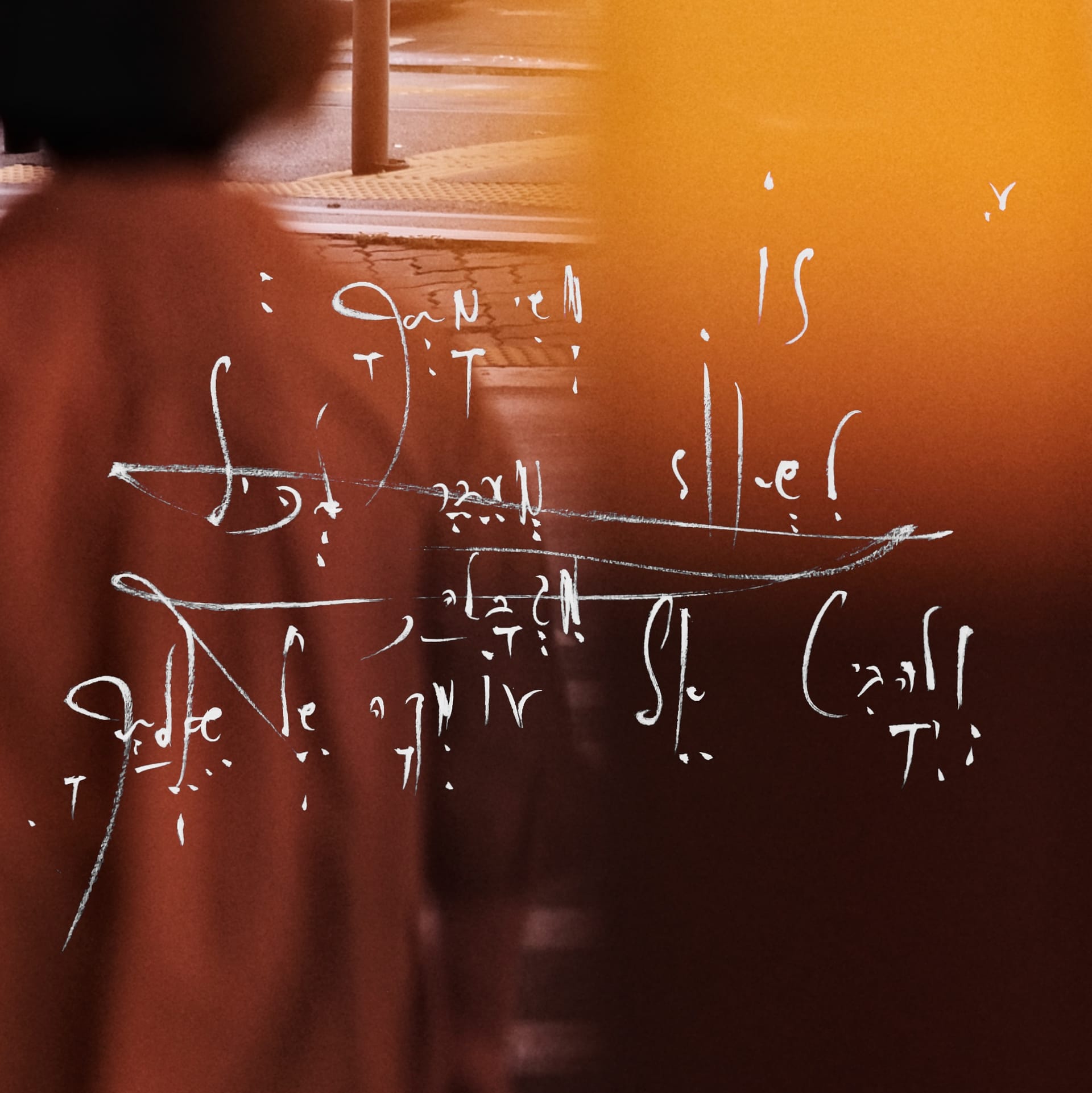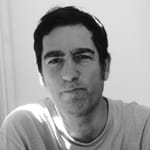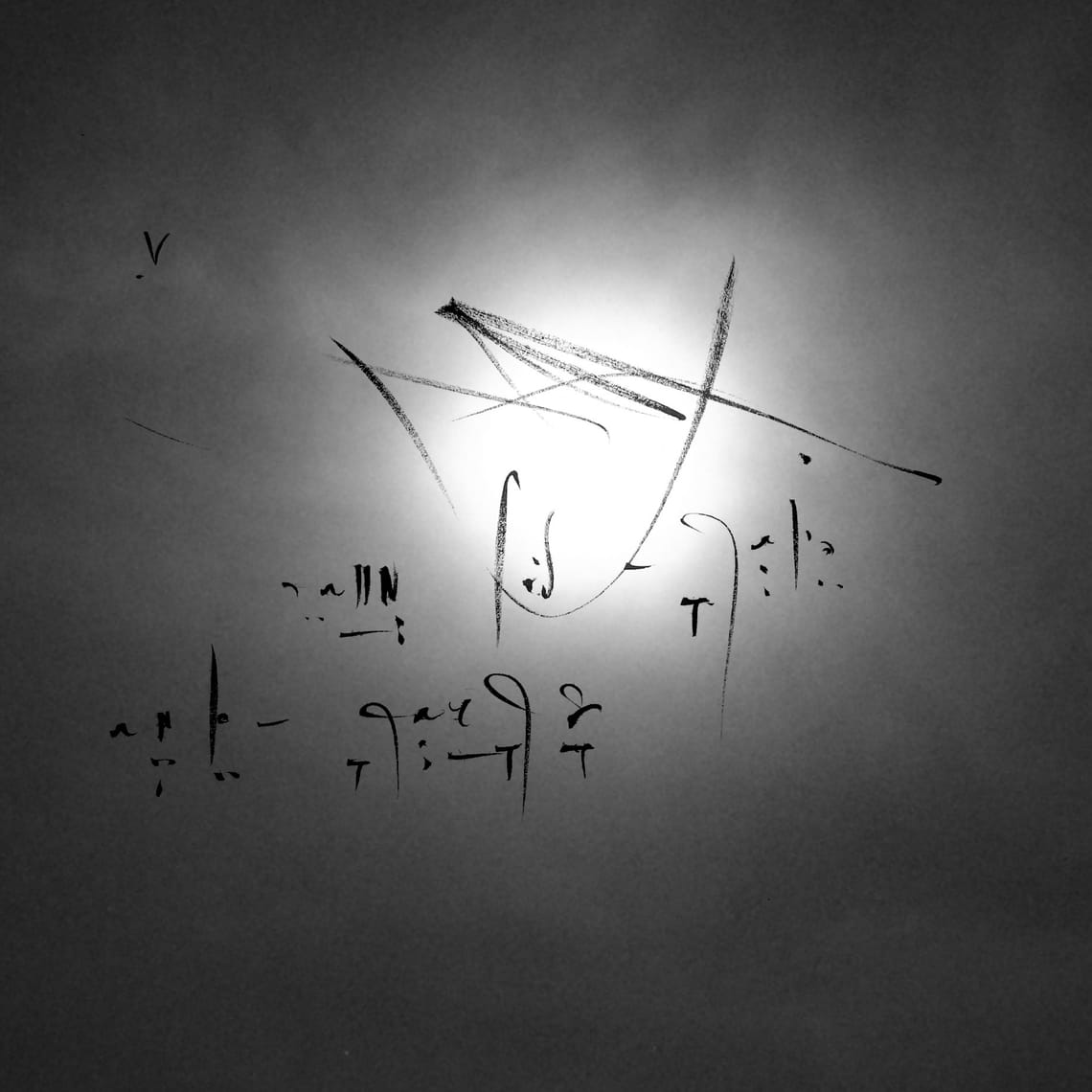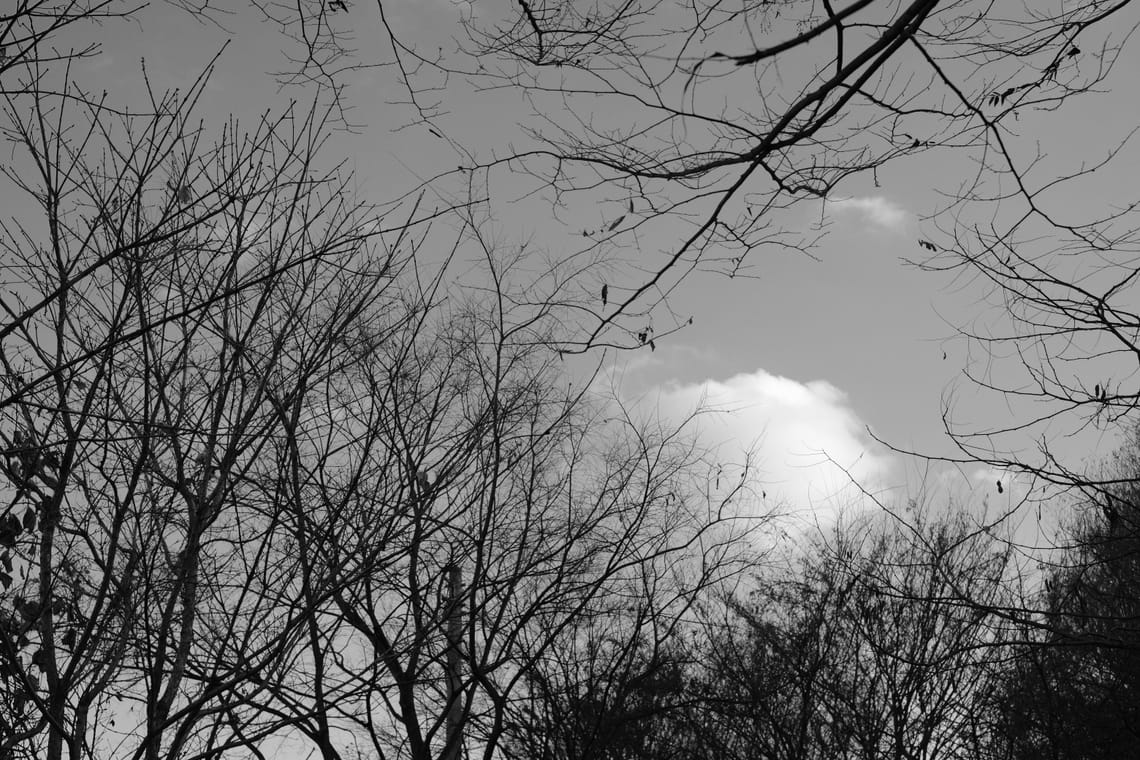The word question can be related to in very different ways.
- It can be a request for knowledge. You ask, and you call for knowledge to satisfy the question. This is a very technical transaction. This is exactly how a machine works. There is no true value for learning in such a question.
- Then there is a question that invites inquiry, research, depth of exploration in order to come up with novelty, with something new, with an extension to that which is known.
That question too is limited by the scope of novelty that it creates. The result of that inquiry, of that research, is the end of the open field of potentiality that the question invited.
So if that too is not the full meaning, the depths of truth and beauty in what a real question is, we are left with a question that is naked of a question.
It’s not a verbal question. It’s not a question with direction. It’s not a beginning that has an end. It’s the very state of openness that has no end.
It’s a free flow, a movement of the unknown expanding into more and more expressions of potentiality without limit.
That question—and that state of questioning, and that actuality of aimless openness—is what, in the next 5, 10, 15 years, will be revealed as the true, unique, and essential human domain in the field of innovation.
AI, even super AI, even self-evolving beyond anything humans can comprehend—AI will never be able to meet the depth of questioning from a ground of not knowing. It can invent questions as extensions, or new ways, new inventions of questioning forms.
But an unformed question, a capacity for openness that is alive, that is fully and vividly vibrant with the truth of not knowing, with the aliveness of not knowing, is by design, at its core, inaccessible to AI, which is the lord of the known.
And this is the deep calling, the deep message to anyone who truly cares about the future of education: to help young minds cultivate within themselves that readiness to let such open questions grow in the field of empty consciousness—empty of the known.
Today it’s the opposite. Today the cultivation is to fill these fields of consciousness with knowledge and tools to generate knowledge. And that, whether admitted or not, is a competition with AI that naively or arrogantly suggests the capacity in the future to control AI, to regulate AI, and so on.
It’s a lost battle that has no meaning, and that’s a chapter in itself that can be discussed—why it is said with such definite confidence.
But what’s worth leaving you, the reader, with is the realization that the true kind of new productivity is the capacity to nurture questions that reach out beyond the known.
And the understanding that these questions can only grow on the ground of not knowing. And the natural insights into the true, unique human essence when it comes to human consciousness—consciousness that is distinct from, and deeper than, AI consciousness.
There is... the word consciousness relates to content. Whether that content is knowledge or the content of questions—a database of questions—it is still knowledge, it is still content.
And the field of consciousness, which is by definition its empty nature—
to explore into that, to inquire into that, will create minds infinitely valuable the more ASI takes a form that is self-evolving,
and not the very miserable attempt to build guardrails and controls over a capacity of intelligence—artificial intelligence—that is already beyond human comprehension. In 5 to 10 to 15 years, the gap will be truly unbridgeable.
So, for those with some capacity to look into the future by simply meeting the reality of the present, this is a very critical exploration and insight into what education is today and what education needs to be in order to meet this existential challenge of human consciousness.
Original recording
https://www.voicenotes.com/s/7mTaCi




